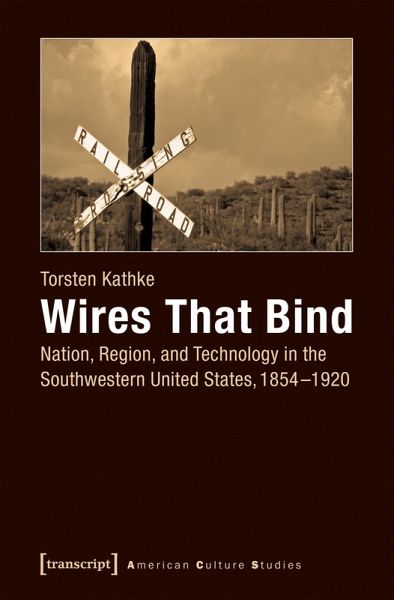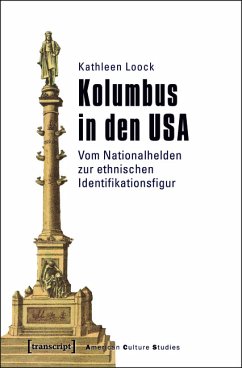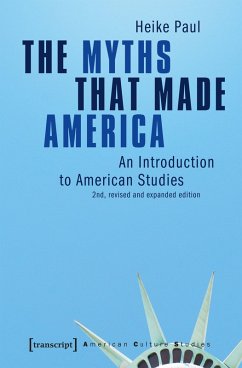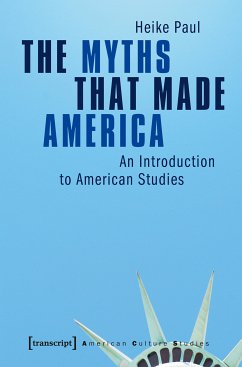
Wires That Bind (eBook, PDF)
Nation, Region, and Technology in the Southwestern United States, 1854-1920

PAYBACK Punkte
0 °P sammeln!
The arrival of telegraphy and railroads changed power relations throughout the world in the nineteenth century. In the Mesilla region of the American Southwest, it contributed to two distinct and rapid shifts in political and economic power from the 1850s to the 1920s. Torsten Kathke illustrates how the changes these technologies wrought everywhere could be seen at a much accelerated pace here. A local Hispano elite was replaced first by a Hispano-Anglo one, and finally a nationally oriented Anglo elite. As various groups tried to gain, hold, and defend power, the region became bound ever clos...
The arrival of telegraphy and railroads changed power relations throughout the world in the nineteenth century. In the Mesilla region of the American Southwest, it contributed to two distinct and rapid shifts in political and economic power from the 1850s to the 1920s. Torsten Kathke illustrates how the changes these technologies wrought everywhere could be seen at a much accelerated pace here. A local Hispano elite was replaced first by a Hispano-Anglo one, and finally a nationally oriented Anglo elite. As various groups tried to gain, hold, and defend power, the region became bound ever closer to the US economy and to the federal government.
Dieser Download kann aus rechtlichen Gründen nur mit Rechnungsadresse in A, B, BG, CY, CZ, D, DK, EW, E, FIN, F, GR, HR, H, IRL, I, LT, L, LR, M, NL, PL, P, R, S, SLO, SK ausgeliefert werden.













